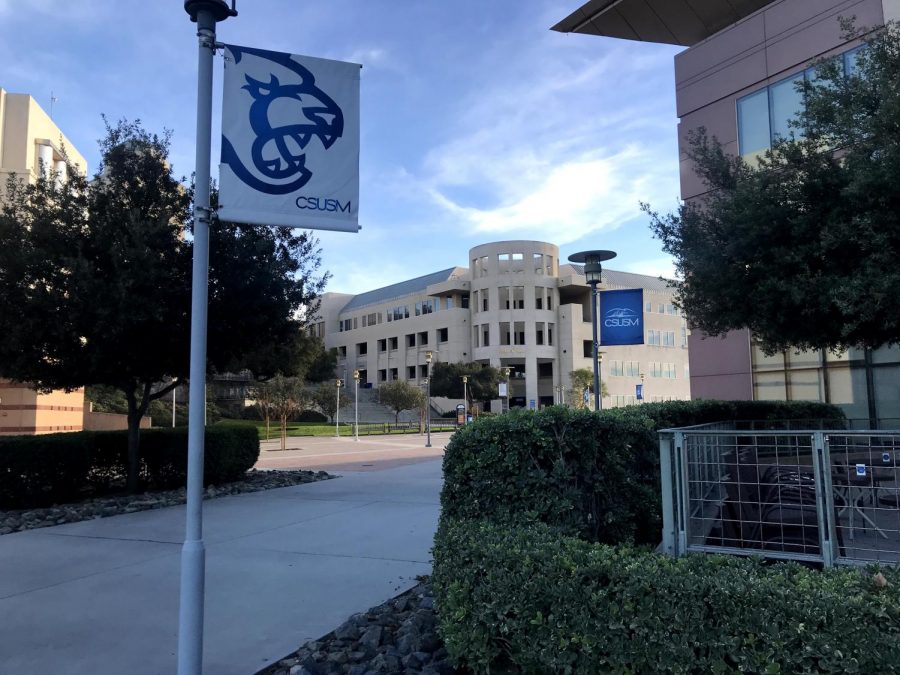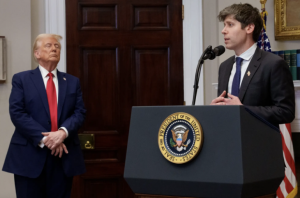Return to campus remains uncertain
The answer is still very unclear whether CSUSM students should return to campus next fall.
February 21, 2021
The ongoing COVID-19 pandemic brings up several questions about future reopenings and how groups of people could convene with each other safely. However, a sense of normalcy seems to be on the horizon due to the increase in vaccinations, which hopefully reduces infection and hospitalization rates.
With the switch to virtual learning for the 2020-21 academic year, students are unsure whether they can go back to campus next fall.
In a statement released in December, the CSU Chancellor Joseph I. Castro said he intends to have students back in schools, as the system is “approaching planning for the 2021 fall term with the goal of having the majority of [the] on-campus experiences returning.”
Although this seems exciting, it can bring unease considering the high number of COVID cases in the United States.
The question is, should students go back to school next fall?
Truthfully, as of now, the answer is still not very clear.
It is possible for students to return, yet this is dependent on the amount of COVID cases in the months leading up to next semester. Additionally, the decision should also be influenced by the number of vaccines given out. With the introduction of vaccines and mask mandates, cases and hospitalizations are expected to decrease throughout the year, although this prediction may not happen as fast as we would hope.
There is still a significant number of people that fail to comprehend the seriousness of this virus and question the legitimacy of the vaccine. This leaves the burden of endless quarantines on those who are taking the pandemic seriously.
I know this sounds pessimistic, but that is essentially what happened last year. People felt that wearing masks and lockdowns was an infringement on their rights so they openly defied the rules.
Unless schools can find a way to efficiently open without causing cases to skyrocket, we could be forced to take another semester online. However, let us say that around half the United States’ population takes the vaccine by July and people heed the CDC’s recommendations. Maybe then it will be safe to return to campus.
Reopenings must not excuse CSUSM from taking precautions though. They should require preventative measures such as the enforcement of masks, a record of frequent negative COVID tests and/or documentation of the vaccine.
I acknowledge that not everyone will be able nor eligible to get the vaccine by this summer, so using other protection methods would be as efficient.
Another aspect CSUSM must consider are possible outbreaks. If one were to occur, the school needs to already have a plan to minimize it. Furthermore, these plans should be clearly stated before the year starts. This could ease some fears about attending in-person classes.
Although these suggested alternatives may be beneficial to the students’ well-being, the university can only do so much to keep everyone safe. The obligation still largely falls on us.
We must be accountable for ourselves because the pandemic may not be over when campus eventually reopens. We must prioritize others before ourselves, as we are unaware of how they or their peers may respond to the virus.
If we work to do that, then campus will surely be safe.
Natalie Navarro is an Assistant Opinion Editor for The Cougar Chronicle. She is a sophomore at CSUSM as a literature and writing major, as well as a theatre minor. After graduating, Natalie plans to further her education and become a teacher. She loves to read and play with her dogs.







